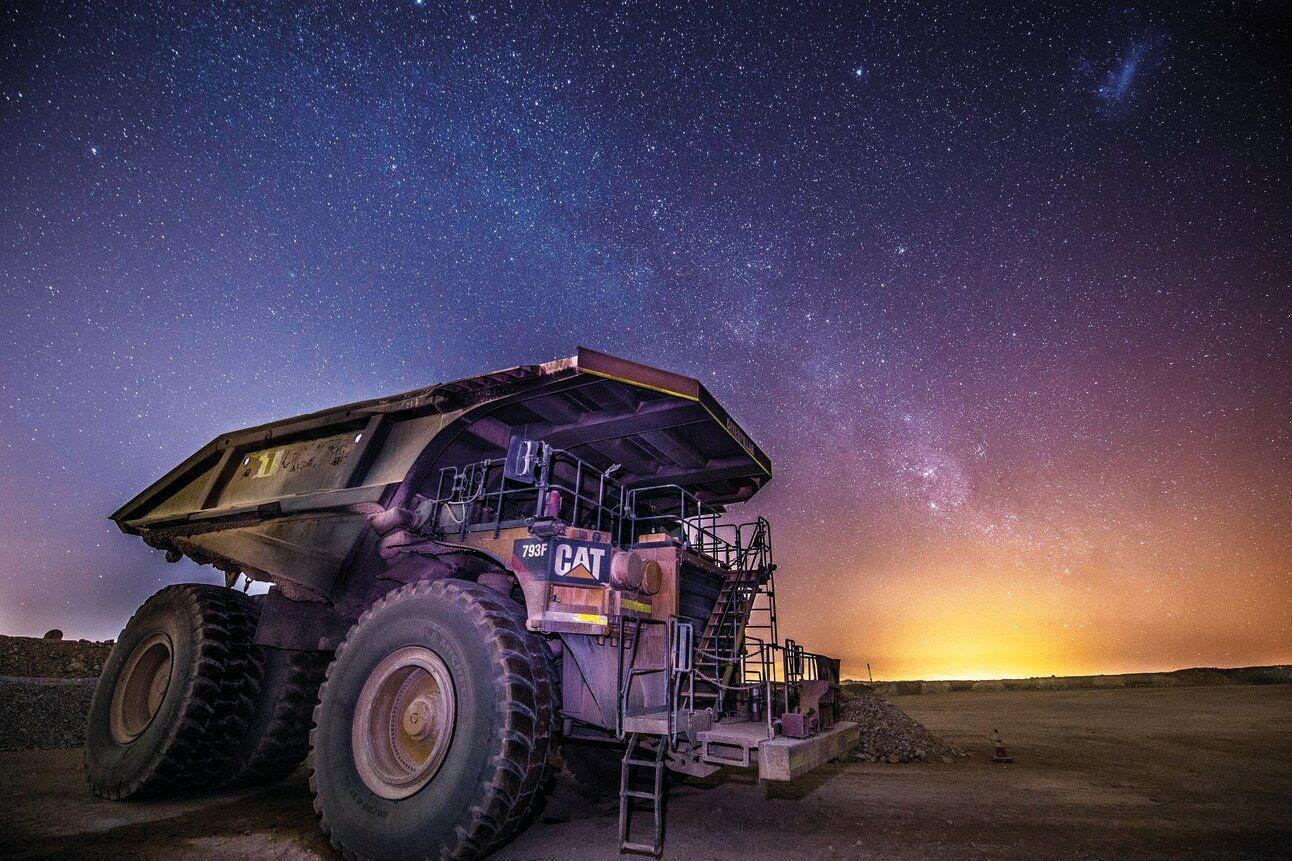Australia’s BHP, the world’s largest mining company, wants to get just a little bit larger. Yesterday (Thursday) the firm announced it had made a $39B bid for one of its main competitors, London-listed Anglo American.
In what we’re declaring a master-class in playing it cool, Anglo American casually confirmed it had received the “unsolicited, non-binding and highly conditional combination proposal”, before then rejecting BHP’s offer hours ago.
Under the UK’s takeover rules, BHP now has until May 22 to submit a formal (higher) bid.
Stay on top of your world from inside your inbox.
Subscribe for free today and receive way much more insights.
Trusted by 129,000+ subscribers
No spam. No noise. Unsubscribe any time.
So let’s take a closer look at both companies.
Headquartered in Melbourne and listed in Sydney, the 139-year-old and $150B BHP Group has mining operations in ~25 countries.
Meanwhile in London, the 107-year-old Anglo American is roughly a third the size, though it has a portfolio including platinum and 85% of diamond giant, De Beers. Its crown jewels are its stakes in four huge copper mines in Peru and Chile.
And copper is key.
The world’s energy transition needs electrification, which needs copper. That’s why the US declared it a ‘critical mineral’ last year, following the EU, Japan, India, and China. This demand – fanned by a broader commodities bull run – has clashed with tighter supply (eg, a mine closure in Panama) to drive prices higher.
So now, if this deal still proceeds, it’ll not only be the sector’s biggest in history, but will also deliver roughly 10% of the world’s copper output to BHP’s hands. That’d make BHP the world’s largest copper producer, up from third place last year after Chile’s Codelco and USA’s Freeport-McMoRan.
The proposed acquisition comes after a bumpy few years at Anglo left it vulnerable, but mergers are also on-brand for miners; while there’ve been duds, buyers still see them as ways to drive scale up and costs down to ride out the industry’s boom-bust cycles. It’s also increasingly just cheaper to buy existing assets rather than develop new ones.
But BHP’s plan is already facing some serious hurdles:
- Price – Anglo has its problems (its profits just plunged 94%), but if BHP wants that copper, it’ll need to bid much higher to convince Anglo’s board and shareholders that it’s worthy of their vote.
- Rivals – In the meantime, other mining giants like Rio Tinto (🇬🇧🇦🇺) and Glencore (🇨🇭) will already be weighing up their own interest (because copper), though they’re laying low for now.
- Governments – And then, even if (did we mention ‘if’?) BHP manages to fend off rivals and make an offer that wins board and shareholder approval, it then arrives at the ultimate hurdle: countries that supply copper (Peru, Chile) and buy it (China) prefer negotiating with a few smaller miners rather than one or two giants. That’s partly why Beijing had an infamous role in thwarting BHP’s last mega-takeover in 2008. Plus, South Africa (where Anglo was founded and still has assets) is already voicing concern, while Botswana (diamond mines), Australia, the UK,and others will also get a say.
These government decisions will all depend on a heady mix of law (anti-trust), politics (unrest in Peru, elections elsewhere), and geopolitics (control of critical minerals).
So while it’s only been 24 hours since BHP announced its first offer, and three hours since Anglo rejected it, it’s hard (though not impossible) to see this landing.
INTRIGUE’S TAKE
As trust among nations collapses, just about every industry and – heck – every avenue of human endeavour, becomes a venue for competition. EVs, AI, aviation, mining, energy, education, tech, the arts, sports, etc. It’s all fair game.
Mining is particularly sensitive due to its long and complicated history, its global supply chains, its far-reaching implications for our future, and its tangible impacts on the present (tax revenues, jobs, holes in the ground etc).
It also depends heavily on government permits and community sentiment, which is why it’s been marred by claims of espionage, bribery and beyond.
It’s also why, as more sectors become venues for competition, any ability to help navigate governments and communities will be a prized worker skillset.
Also worth noting:
- China has around half the world’s copper refining capacity.
- BHP stands for Broken Hill Proprietary Company, named after the famous outback Australian town where BHP began mining in 1885.








